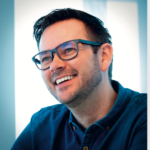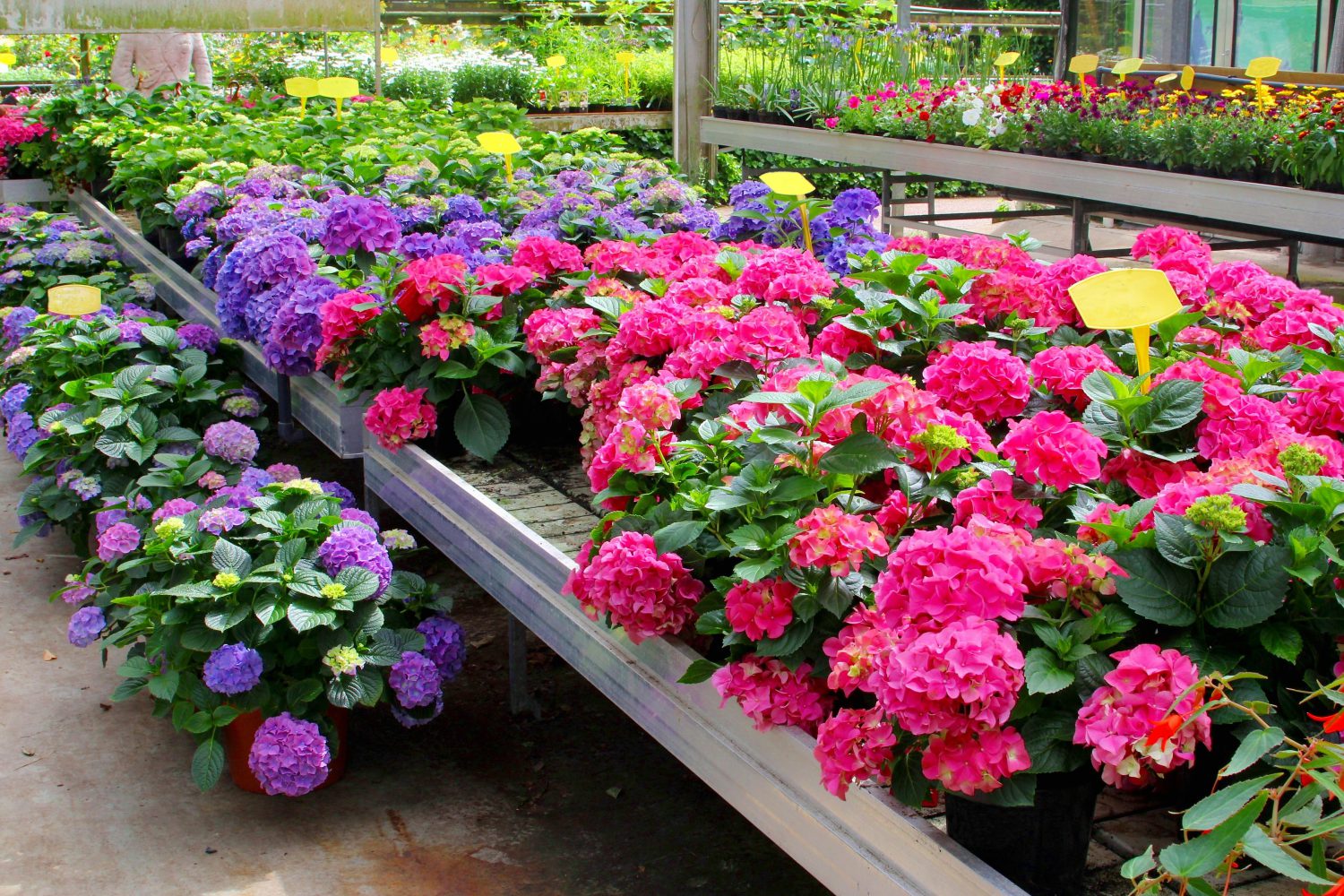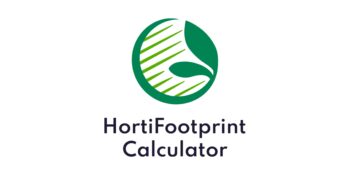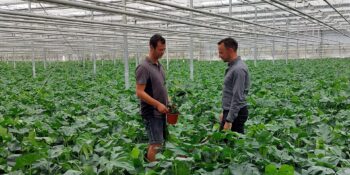Martin de Ruiter has been appointed to the MPS Board, starting on 1 February 2023. In his new position, he will be focusing on digitalisation and internationalisation. He has run an interim management and consultancy company since 2019, and has been occupied with both topics as a result of his involvement in the development of Floriday at Royal FloraHolland. ‘In the flowers and ornamentals sector, we’ve always excelled in Excel,’ says De Ruiter with a smile, ‘but that really has to change now.’
The MPS Board represents the main stakeholders, and the primary goal of MPS is to accelerate, measure and provide evidence of increased sustainability among ornamental growers. The board establishes policy to facilitate this, and is also responsible for monitoring the organisation’s progress. De Ruiter’s appointment increases the size of the Board to six members.

International experience
Thanks to his 22 years of experience in the flowers and ornamentals sector, De Ruiter will be bringing a great deal of knowledge to his new position. ‘I gained most of my experience from working with Royal FloraHolland. While I was based in the import department, for example, I was responsible for all of the international offices for quite some time,’ says De Ruiter. He came into contact with MPS as a result of this, and was therefore already familiar with matters such as MPS-ABC. ‘Because I managed all of RFH’s international offices, I was regularly visiting nurseries in places like Kenya, Ethiopia, Colombia and Ecuador.’ De Ruiter has been involved with Floriday right from its inception. ‘My father spent his whole career working at IBM, so I grew up with an interest in IT. That’s why it was so great for me to get involved with Floriday right away,’ he says.
Simplifying the administration
When De Ruiter was approached for a position on the MPS Board due to his background, the opportunities were immediately clear to him. ‘All the European legislation and regulations mean there’s a lot ahead of us in terms of sharing information in the chain, in addition to the current product characteristics. For MPS specifically, the challenge will be to make all of the data and knowledge widely available for the industry and the rest of the chain.’ De Ruiter is also keen to ensure that the administrative burden on growers does not increase: ‘We have to ensure that if something has already been entered somewhere, it doesn’t have to be entered again elsewhere. We must make it easy to record the necessary data. Let’s keep it all simple and ensure that growers can focus on what matters the most to them: their products.’
Leading the way in sustainability
De Ruiter is also personally invested in sustainability. ‘At home, we are mindful about not eating meat. My daughter is a vegetarian and is very concerned about the environment. She investigates everything and inspires me to do the same. For example, she recently urged us to buy a microplastics filter for the washing machine, which we did,’ says De Ruiter. For him, the link between sustainability and digitalisation is also very clear. ‘While the certificate is still sufficient now, I think that the underlying values are going to significantly increase in importance. So this information has to become more easily accessible, while still maintaining data protection and privacy for the growers.’ Consumers are also asking questions more often about cultivation methods. De Ruiter believes that MPS can respond by helping growers to work more sustainably with a minimal administrative burden, so that they come to regard record-keeping as an opportunity instead of an obligation. ‘There are so many possibilities with respect to sustainability. With the assistance of MPS, growers can really contribute something to the world and lead the way in becoming more sustainable. We can accomplish more by working together.’



